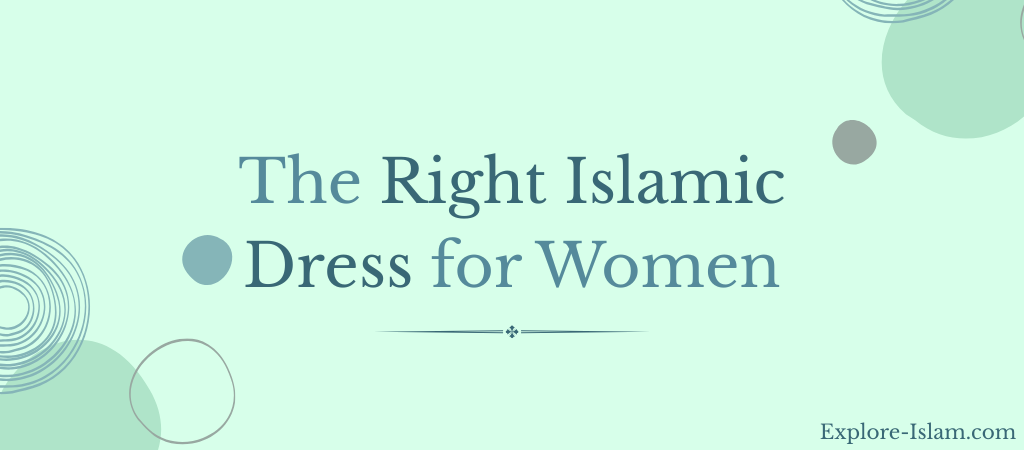Given the great significance of leading prayer (Imamah) in Islam, as it elevates the status and reward of congregational prayer compared to individual prayer, as evidenced by the Hadith stating that ‘congregational prayer is twenty-seven degrees more virtuous than individual prayer,’ the question arises: Is it permissible for a woman to lead prayer and be an Imam in Islam?
Can Women Lead Prayers and Be Imams in Islam?
Yes, women can be Imams in Islam if it is the all-female congregation. In this case, it is permissible for a woman to lead other women in prayer, whether it is an obligatory or a voluntary prayer.
The practice of women leading women-only prayers is even recommended in cases where there is a need to educate or guide other women towards the most accurate way of performing the prayer, especially concerning the correct postures and movements.
This view is also supported by the actions and sayings of several prominent companions of the Prophet and early Islamic scholars. For instance, we have narrations from:
- Aisha (may Allah be pleased with her): The Prophet’s wife, Aisha, was known to lead women in prayer.
A narration from Ata’ states, “Aisha used to lead women in prayer, standing with them in the same row.” - Umm Salamah (may Allah be pleased with her): Another wife of the Prophet, Umm Salamah, also led women in prayer.
Hujayrah bint Husayn reported, “Umm Salamah led us in the Asr prayer and stood among us.” - Umm Waraqah (may Allah be pleased with her): The Prophet Muhammad (peace and blessings be upon him) himself permitted Umm Waraqah to lead the women of her household in prayer.
The narration goes, “The Messenger of Allah used to visit her at her house. He appointed a mu’adhdhin to call adhan for her; and he commanded her to lead the inmates of her house in prayer.” (Sunan Abi Dawud 592).
Other prominent figures who supported this view include Ibn Abbas, Ibn Umar, Ata’, Mujahid, Al-Hasan al-Basri, Sufyan al-Thawri, Al-Awza’i, Ishaq ibn Rahwayh, Abu Thawr, and Ibn Hazm (may Allah have mercy on them all).
Where Should a Woman Stand When Leading Other Women in Prayer?
When a woman leads other women, she should stand in the middle of the row, not in front like a male imam. This is to provide her with more cover, which is considered preferable in Islam.
Can Women Lead Men in Prayer?
No, women cannot lead men in prayer. If the congregation consists of men, Islamic scholars unanimously agree that a woman cannot lead them in prayer.
Why Women Cannot Lead Men in Prayer in Islam?
At the heart of it, the simplest answer is that Muslims follow the guidance of Allah as revealed in the Quran and exemplified by the Prophet Muhammad (PBUH). In Islam, worship is not simply about personal preference; it’s about adhering to a divinely ordained structure. Since there are no examples in the authentic Hadith of women leading men in prayer, and numerous examples of men leading, the vast majority of Islamic scholars throughout history have understood this to be the correct practice.
So, obedience to Allah is the foundational reason, but Islamic scholars also believe there’s a lot of wisdom in doing it. Let’s break down some of the most important parts:
1. Minimization of Distraction During Prayer
Islam places immense importance on concentration and devotion during prayer. It’s a time for deep spiritual connection with Allah, free from worldly distractions.
The physical movements involved in prayer, such as bowing and prostrating, could potentially be distracting if a woman were to lead men.
This fosters a more focused and spiritually enriching experience for everyone.
2. Modesty and Protecting Privacy and Dignity of Women
The concepts of haya (modesty), awrah (parts of the body that should be covered), and the natural attraction between genders are all taken into consideration. Having a woman lead men in prayer could compromise these principles.
3. The Role of Imam in Islam
The imam’s responsibilities often extend beyond the mosque’s walls. They might involve traveling within the community, addressing social issues, and being available at all hours.
Historically, and even in many parts of the world today, these duties could involve late-night or early-morning commitments that might not be practical or safe for women, considering their unique biological cycles and responsibilities, such as those related to pregnancy and childcare.
Final Word
Understanding these rulings allows us to appreciate the richness and depth of Islamic jurisprudence and how it addresses diverse situations within the framework of faith.
With that, dear readers, I encourage you to delve deeper into the details of women’s topics in Islamic jurisprudence, always turning to authentic sources to illuminate your understanding. And for further exploration of these and other topics, I invite you to explore more informative articles on our blog!
















